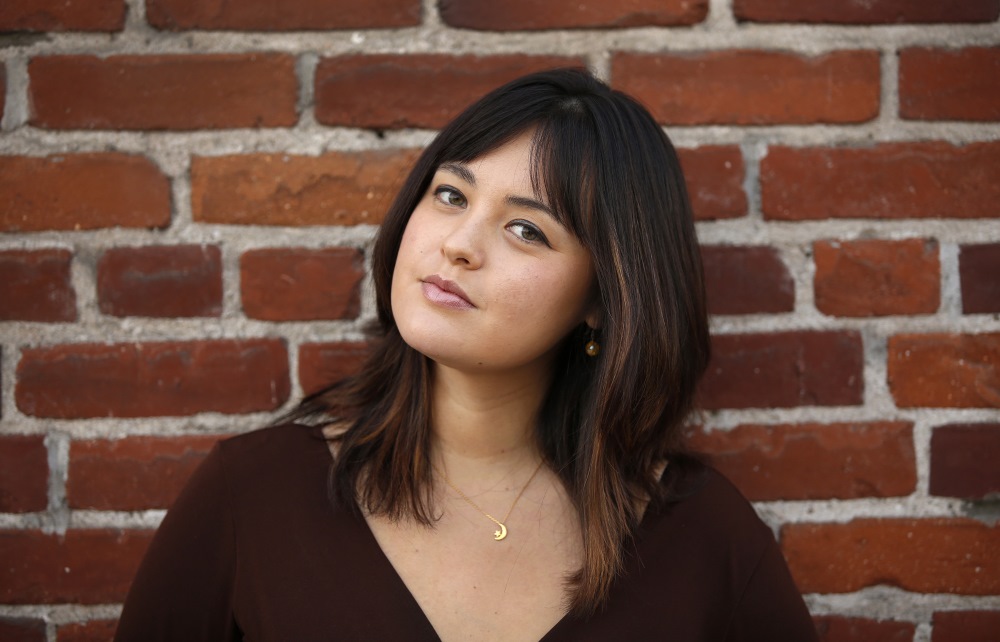Every other week, the editors of American Theatre curate a free-ranging discussion about the lively arts in our Offscript podcast.
New Year, new episode of Offscript. On this week’s episode, editors Rob Weinert-Kendt, Suzy Evans, Diep Tran, and Allison Considine discusses our January issue on musical theatre training, which was so popular that it crashed our site. Then, inspired by “Curtains fall on arts critics at newspapers,” published by the Columbia Journalism Review, we discuss the future of arts journalism coverage, and how it might be better funded.
This week’s guest is Leah Nanako Winkler, a playwright whose post on New York Gilbert & Sullivan Players’ production of The Mikado went viral and led to the company changing their show to be more diverse and less offensive to Asian Americans. Leah and Diep saw the company’s new, re-imagined Mikado (which will be touring around the country) and they had many thoughts about it.
Audio PlayerDownload the episode here. Subscribe via RSS, iTunes, Google Play, or Stitcher.
Excerpts from Diep and Leah’s conversation are below:
Leah’s relationship with The Mikado:
“My mom loves it. My mom is Japanese; she’s a Japanese national. She studied opera in Japan—not like at a big fancy school or anything. She didn’t move here until she was in her early 20s. She studied it in school and loves it. A lot of Japanese nationals don’t have a problem with it. People who love The Mikado are like, ‘Well, Japanese people love this.’ And it’s true, but Japanese and Japanese-American are totally different things. They’re different countries! It’s not the same place; we don’t deal with the same issues. I say this as a biracial person who grew up in Japan until a certain age. And they don’t like mixing races. A lot of the culture is homogeneous; they don’t have to deal with representation or anything like that because there’s parts for them. They get to play romantic leads and multidimensional characters. So I have a very different opinion of The Mikado than my mother.”
What Leah thinks of NYGASP’s reimagined Mikado:
“If you dress up the Confederate flag with like glitter and have a couple of POCs [people of color] dancing around it, is it still the Confederate flag? Maybe, yeah! I feel like New York Gilbert & Sullivan Players went to great lengths to cover up the racism of this piece and rewrite history a little bit. They wanted to do it so bad, so so badly, that they went to great lengths, talked to the right people, cast it in a better way, took out the yellowface—and I guess if you want to do The Mikado that badly, I don’t necessarily think is a horrible way to do it. I hope it was worth it.”
On what should come next.
“I think the general feeling is, it’s extremely divided. There’s still the Artists Against The Mikado Facebook page. I spoke with a fellow person today who was basically like, ‘I don’t want to feel resentful about having to discuss a show written by two dead white guys who were having fun in their 19th-century way, and somehow inspired multiple companies to only want to do their work, when there’s so many writers who are POC who can’t get their stuff done.'”
THIS WEEK’S RECOMMENDATIONS:
- “Galavant” on Netflix, a musical comedy show that combines fairy tales, Monty Python-esque humor, and catchy Alan Menken songs.
- “Manifesto,” an art installation by Julian Rosefeldt, featuring Cate Blanchett playing 13 different characters. It is currently on tour worldwide.
- Two cabaret shows in New York City: Molly Pope and Noel & Julia’s Wayward Brainchildren. And if you don’t live in NYC, she recommends cabaret shows in general. Or check out those artists on Youtube.
- Rob wants someone write an article about how The Present (currently running on Broadway) was able to bring its entire cast from the Sydney Theatre Company production to the States. Was it an exchange with Actors’ Equity? He wants to know!


